38 Years, Waiting for Justice
In 1984, Ron Levin disappeared, presumed murdered, while Joe Hunt was accused, convicted, and imprisoned without a chance for parole — even though no concrete evidence was ever found.
Read on to discover the true story behind this famous case or learn how you can help.

Pride before a fall: the “Billionaire Boys Club”
In 1987, one true crime story dominated the news cycle.
Joe Hunt, a kid from a working-class family who had attended the city’s most prestigious prep school on a full scholarship, formed the original BBC — which others jokingly called the Billionaire Boys Club — with some of his former classmates to show the team members’ wealthy parents that their sons could succeed on their own.
Although there were some financial successes, the group eventually imploded thanks to the fraud perpetrated by a con-man named Ron Levin, who grifted club members and others out of millions.
Events turned tragic when club members were charged with the murders of Hedayat Eslaminia (the father of a Billionaire Boys Club associate) and of Ron Levin himself, who had disappeared.
With its connections to wealth, crime, and Beverly Hills, the Billionaire Boys Club was perfect fodder for a media frenzy. But the Hollywood dramatization of these events took a toll on real people.
Under the pressure of losses caused when Levin cheated Joe out of millions in commodity trading commissions, Joe unlawfully diverted money from his other commodity futures trading clients to keep the BBC afloat. Also, Joe has explained how the pressure of Levin’s fraud and the resulting losses drove him and other members of the BBC to create a plan (the so-called “to-do” lists) to compel Levin into paying the millions owed to Joe.
However, evidence developed after Joe was convicted indicates that Levin fled to avoid prison and was not killed as a result of any actions taken by Joe or the BBC.
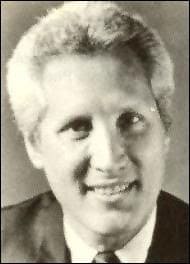
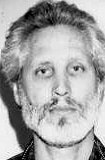
Missing person: murder or faked death?
The 23-year-old Joe Hunt found himself in financial trouble as a result of a fraud perpetrated on him by the master con artist Ron Levin.
He took Levin at his word that he would fund a large commodities investment intended to repay investors with a handsome profit. Instead, Levin assured Hunt he could proceed with a purchase made with nonexistent funds. Joe was left holding the bag, and that’s when law enforcement got involved.
Soon after, Levin, who was out on bail and facing an FBI investigation for grand theft and fraud — a con artist who swore he would “never go back” to prison and who had researched means of escaping the country — went missing.
In response to police inquiries, the rich kids of the Billionaire Boys Club directed attention away from themselves and pointed to Joe, the scholarship kid. Prosecutors decided to charge Joe with Levin’s murder, even with no body and no forensic evidence.
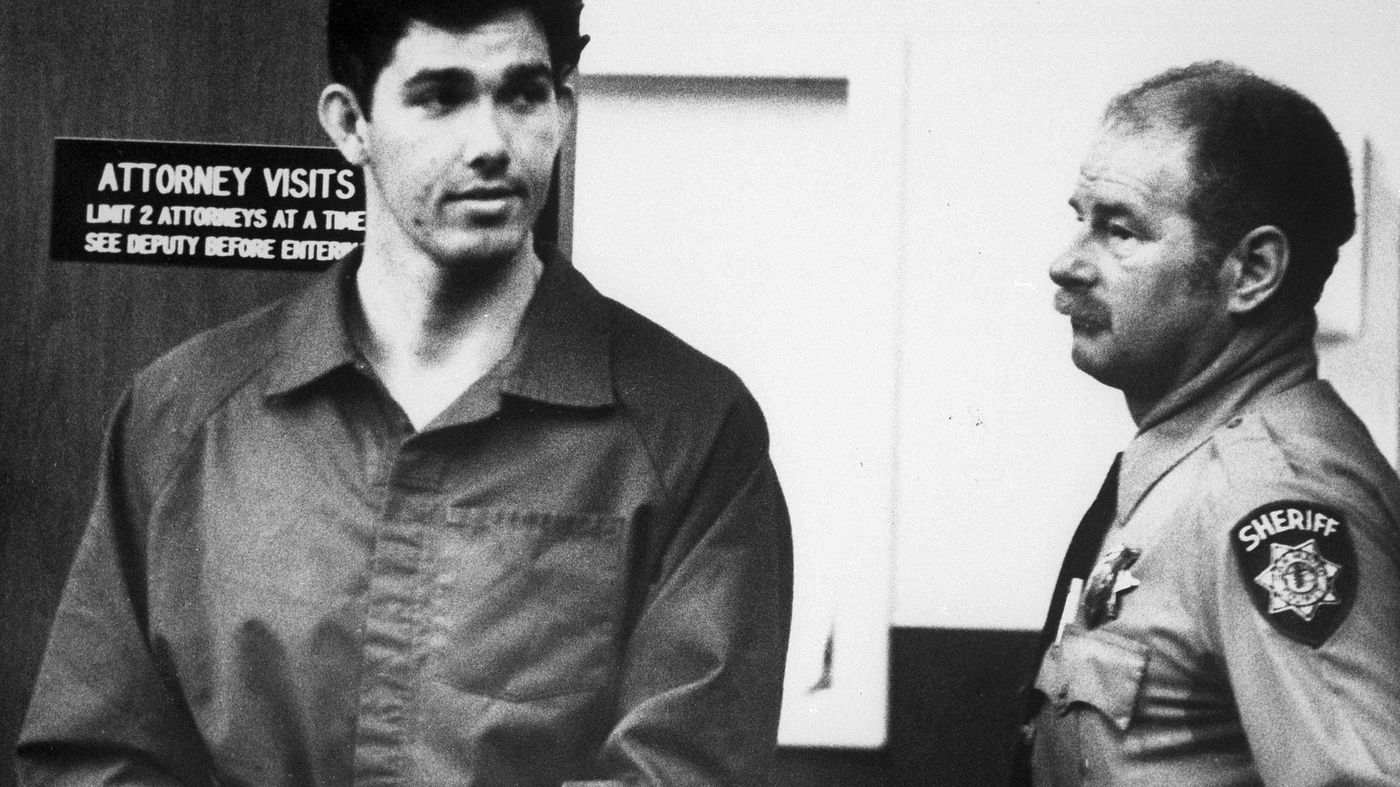
No body, no bullet, no gun.
In 1988, Joe was sentenced to life without possibility of parole, which many observers characterized as an unjust sentence, especially in a murder case with no physical evidence — not even a body.
In fact, Ron Levin was seen by multiple credible eyewitnesses after the date of his disappearance.
Though there have been other murder convictions in California without a body, this case in unique. There has never been one where there was a complete absence of any physical evidence of violence, together with no eye witnesses to violence, significant evidence that the alleged victim both intended to flee and took concrete steps in preparation to flee, and in which there was compelling eyewitness evidence that the victim was alive after the date of his alleged “murder.”
Indeed, if one undertakes a review of every published “no body” murder conviction in history, one ends up realizing that no one else has ever been convicted of murder where the basic allegation of death was so dramatically refuted.
And in fact, other Billionaire Boys Club members were sentenced to much less time than Joe:
- Jim Pittman: 3.5 years
- Dean Karny: Immune from prosecution
- Reza Eslaminia: Won on appeal after 12 years, with all charges dropped
- Arben Dosti: Won on appeal after 12 years, with all charges dropped
Joe Hunt, meanwhile, is still incarcerated.
Why Joe Hunt deserves a chance for parole
If Joe had been eligible for parole, he would easily have exceeded the standards that a parole board must apply when considering release. He has been a model inmate who raised over one million dollars for his church and ministered and offered legal assistance to fellow inmates. However, under his current sentence, he is not able to request a parole hearing.
1. Unconventional conviction
There are substantive reasons to believe that Hunt did not receive a fair trial, says attorney Gary K. Dubcoff. In a scathing 26-page letter supporting Hunt’s commutation, Dubcoff details at length many evidentiary, procedural, legal, and ethical flaws in Hunt’s trial. “I have been practicing criminal trial and appellate work for over three decades, and I have rarely, if ever, seen such a concerted effort on the part of the judiciary to turn a blind eye to facts,” he wrote. Hunt was “convicted by a deplorable combination of judicial misconduct and incompetent, corrupt representation.”
Members of Billionaire Boys Club, who were themselves implicated in criminal activities, testified against Joe. But this testimony is suspect. Reliance on testimonies from potentially compromised sources, without substantial corroborating evidence, is very rare and casts a shadow on the integrity of the conviction due to the potential for prejudice against individual defendants.
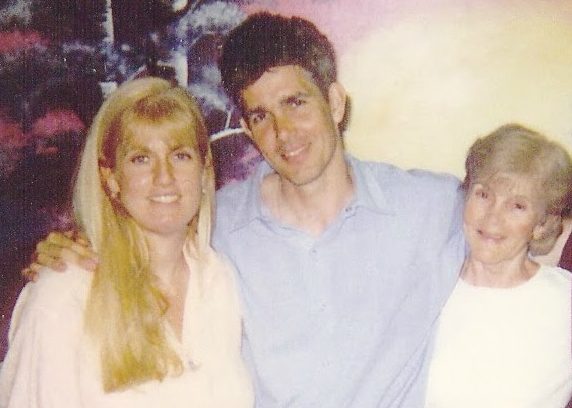
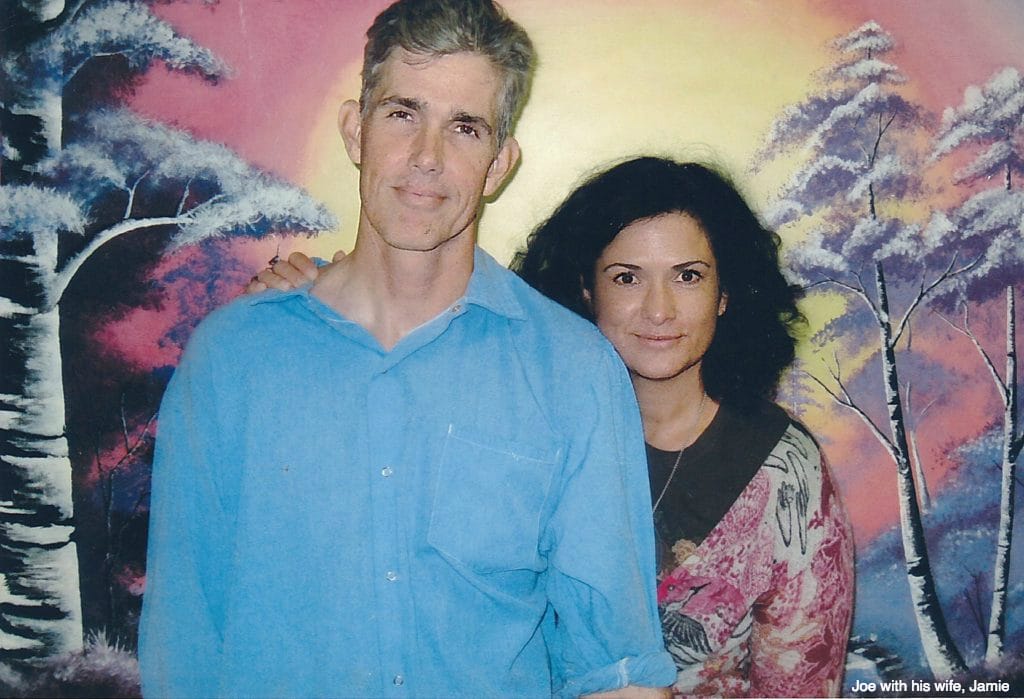
2. Disproportionate sentencing
Hunt’s sentence is an anomaly, not comparable to those of his fellow Boys Club members or even far more notorious criminals. For example, even the psychopathic cult leader Charles Manson was granted several opportunities to go before a parole board for his role in multiple murders. Yet Joe has has never been granted the right to a parole board hearing.
One of the oddest aspects of Hunt’s conviction that points to an unreliable verdict revolves around alleged gunman James Pittman. Hunt was not sentenced to life in prison for pulling the trigger himself, but because a jury was led to believe he had ordered Pittman to do so.
Yet Pittman’s jury, with additional evidence not discovered until after Hunt’s conviction, acquitted Pittman of the shooting, an outcome totally at odds with that of Hunt’s case.
3. Exceptional behavior
Prison is meant for rehabilitation as well as punishment. While in prison, Joe has:
- Helped over 30 fellow inmates successfully obtain relief from unject sentences or convinctions, including helping 16 fellow prisoners earn freedom
- Raised over $1 million for his church
- Co-founded the first men’s group in a California prison
Two prison chaplains, three corrections officers, and his Correctional Counselor have contributed letters on his behalf, praising his conduct and supporting his relief.
“In my opinion, Hunt has no inclination to re-offend. All of his activities appear directed towards positive goals,” wrote a correctional officer from Pleasant Valley State Prison, Correctional Office M. Saesee. “He has a reputation for helping others. I would place him solidly in the top one percent as far as suitability for reintegration with society.”
Chaplain William Goeke similarly praised Hunt, writing, “The other men look to him for direction and encouragement… his is a voice of healing and compassion.”
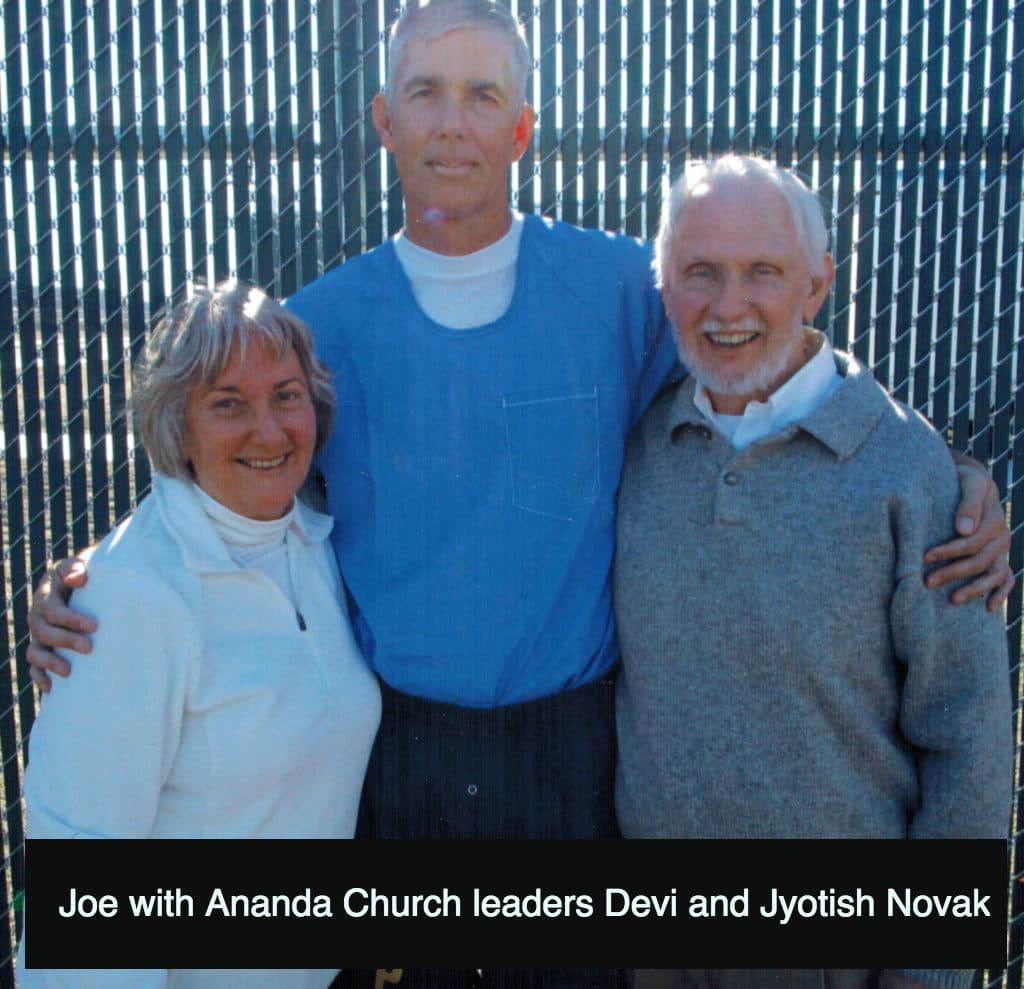
How you can help
Sign Joe’s petition
Joe is facing the prospect of turning 65 behind bars. He has been in prison since he was 24 and has faced many health challenges, including hospitalization for heart failure.
Join tens of thousands of others in petitioning to give Joe Hunt a chance for a fair parole.
Engage with government officials
You can make an even greater difference by contacting Governor Gavin Newsom via email, writing, or a phone call.
Learn more…
Our Goals
To bring attention to Joe’s fight, and the fight of all Life Without Parole prisoners.
Frequently Asked Questions
Further answers about Joe and the history of the court cases.
The Legal Odyssey
Case details and key court documents.
Copyright © 2024 Joe Hunt. All rights reserved.